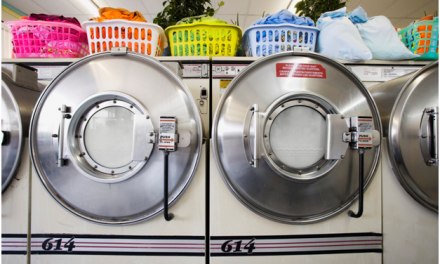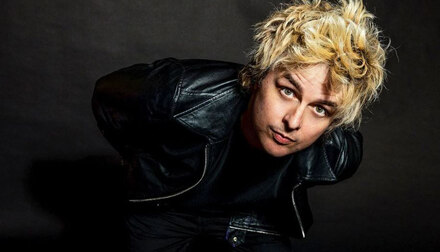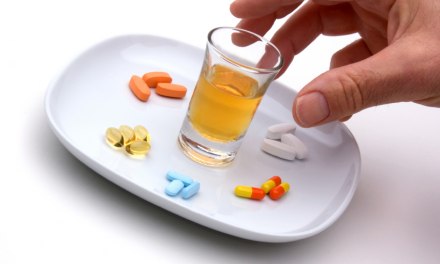As this NPR piece suggests, recovery from addictions isn’t really rare at all. It’s just less widely recognized (and acknowledged) than it should be. A link to the story:
There is Life After Addiction. Most People Recover
That’s not exactly the message we’re accustomed to getting from the media. There the emphasis is on the damage, death and destruction related to substance abuse. That’s understandable, of course, and nobody disputes the reality. Still, there’s a whole other side to the equation.
We should probably pay attention there, as well. After all, we can learn as much from success as from failure.
In the USA and around the world exist a large and growing number of persons who have recovered from alcohol and drug disorders, many of which were quite severe. The evidence is that it often took them a while, multiple attempts included. Nonetheless, they did get better. And ultimately, qualify as in stable recovery.
Here are some relevant facts.
An estimated 22.35 million Americans have successfully resolved their alcohol or drug problems. Half were primary alcohol users. The rest named a variety of other substances — 11% listed cannabis as their main problem, while 10% named cocaine. Methamphetamine and opioids were at 7% and 5%, respectively. Of particular interest: about half had been arrested at some point. The remainder, I suppose, managed to avoid it.
Some 52% claimed they now practiced abstinence from all substances, but only 46% self-identified as being “in recovery”. That didn’t surprise me, as I’ve run into a fair number over the years who rejected the label of recovering person. “I did this all on my own,” one told me. “Nobody helped me. No one else can take credit.” I suppose that was important to him, although I’m not sure why.
On the other hand, of the 54% who reported having received some kind of assistance in overcoming substance problems, 30% credited formal treatment. 9% made use of some kind of medication. 45% said they’d been involved with self-help groups. The largest number cited AA (35%), with NA next, at 18%.
That leaves an estimated 16 million Americans every year who have a substance problem but receive no services of any kind. The principal reason: they didn’t think they needed it. Not yet, at least.
“Treatment?” you’ll hear someone say. “I’m not that bad yet. If I ever do get that bad, I’ll get help.” But in many cases, that day keeps getting pushed farther and farther into the future.
If the researchers are correct, then about three-quarters of those who make an attempt to recover are ultimately successful. They concluded that formal services like residential or outpatient treatment were most useful for those whose substance problems were more severe. Or for others who face more than the usual number of barriers and challenges to success — I’m thinking certain medical or mental health disorders, poverty, other social disadvantages, etc. For those folks, treatment may be the difference between success and failure.
Still, seeking help for addiction has always been a bit like getting vaccinated. Sometimes it’s the folks who need it most who are the most reluctant.













